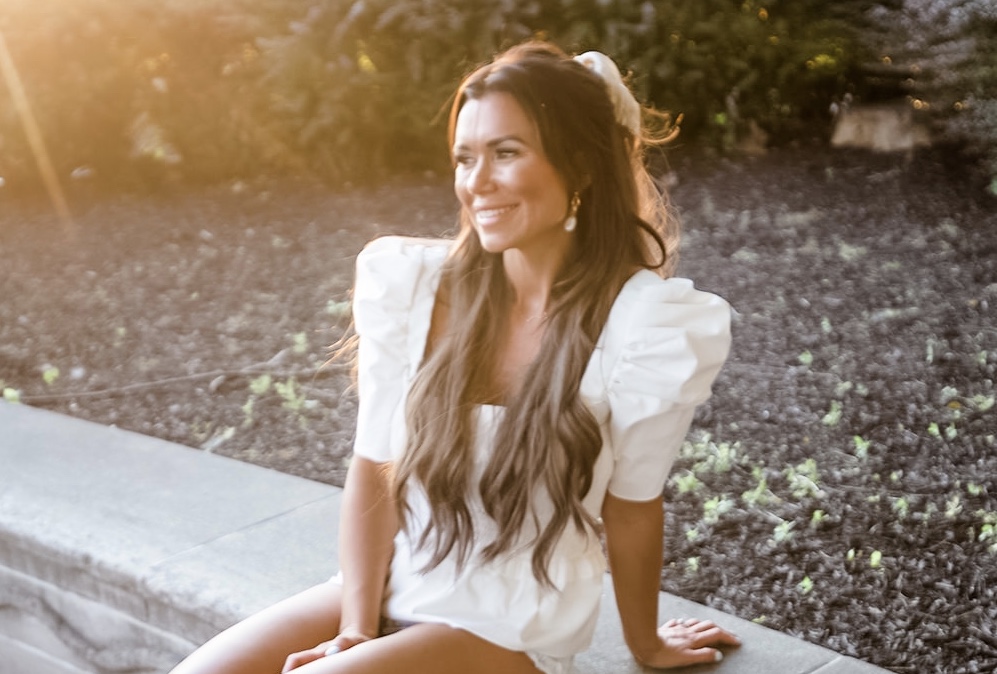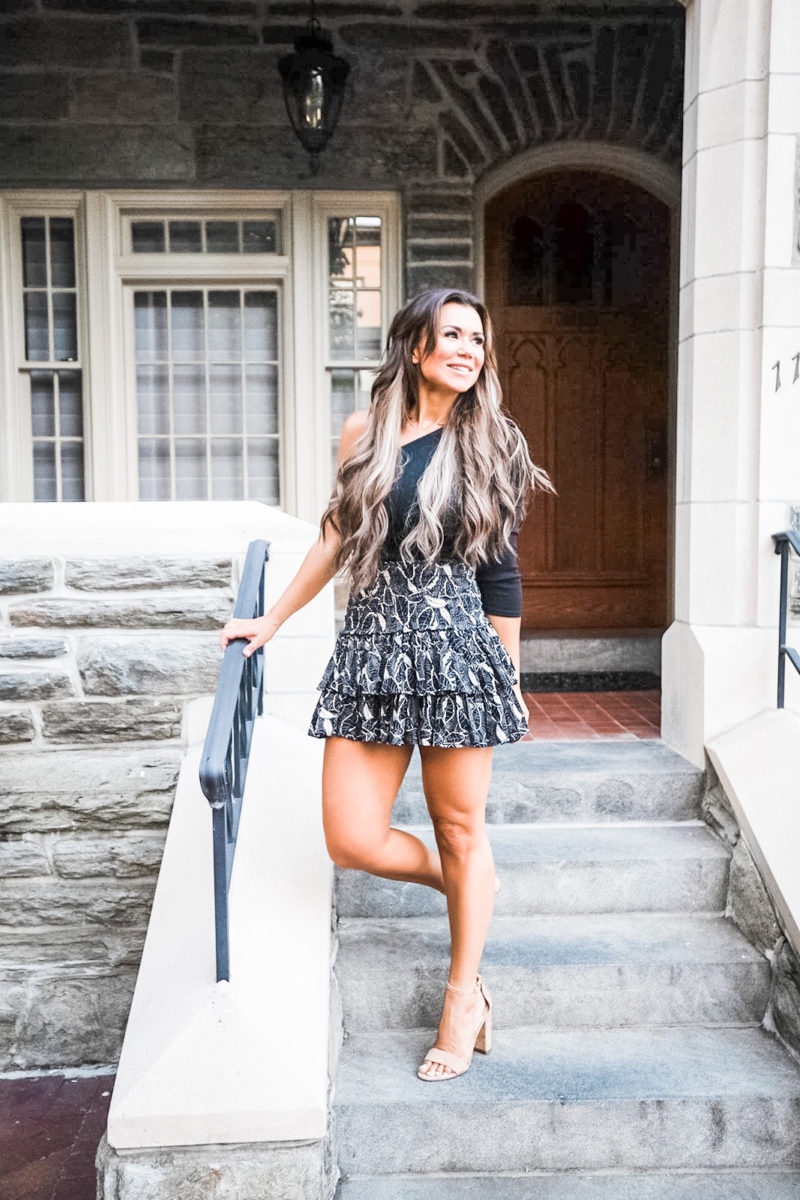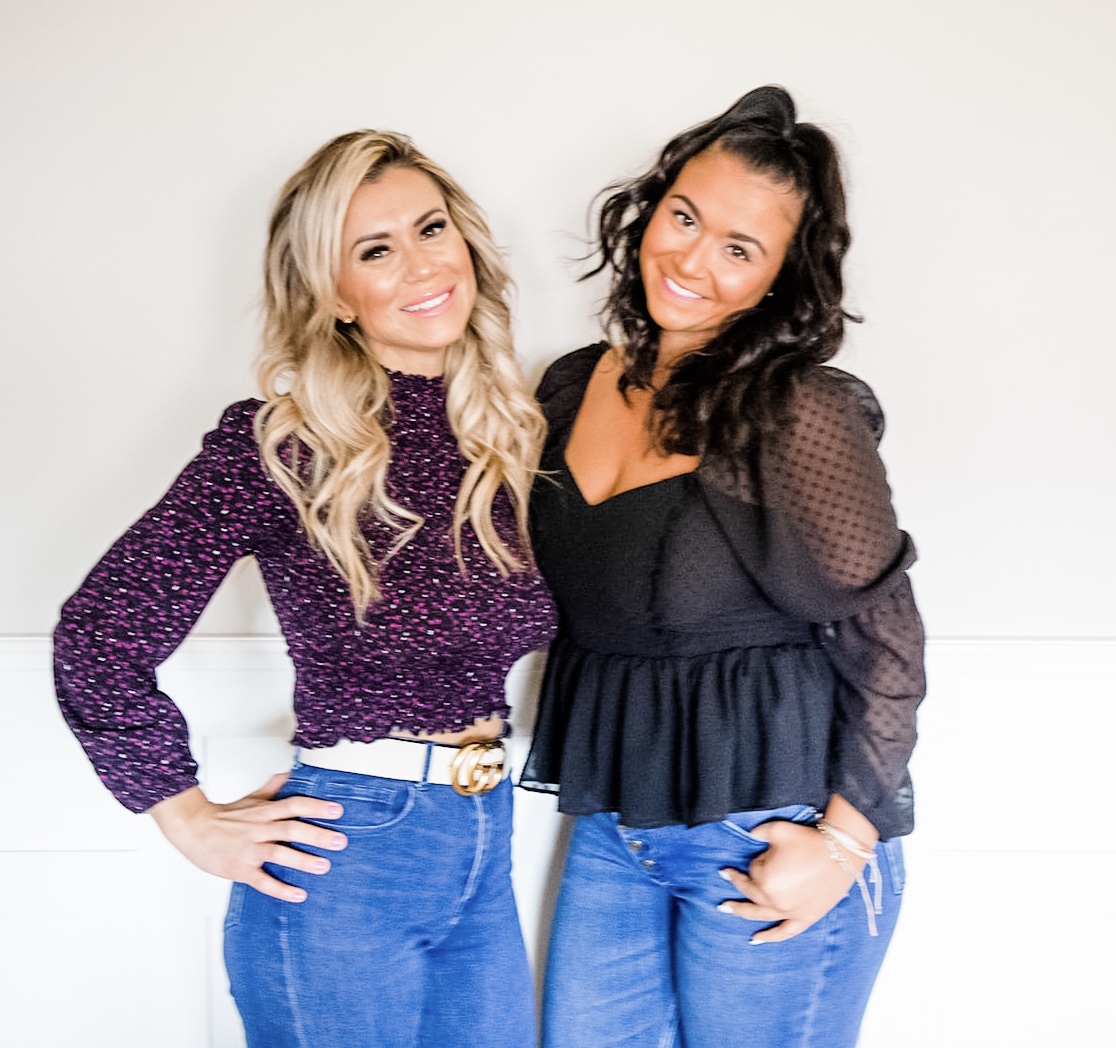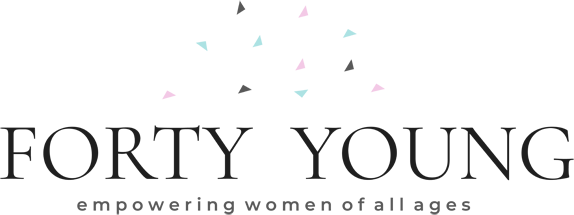
Are you an overthinker? Before you decide, answer “yes” or “no” to these questions:
If you answered “yes” to any of these, you might be an overthinker.
Data is a good thing — except when it’s not. Sometimes there’s just too much of it, and many times it’s contradictory. One study says “this,” another says “that.” This person says “X,”, this other person says “Y.” When this happens, trusting your intuition and going with your gut is key.

For example, let’s say you’re going to start a diet. You research endlessly about which diet is the “best.” After researching, you find that you have many symptoms of a gluten intolerance (not allergy) so you decide to eliminate gluten from your diet.
You’re having great success with going gluten free. You’re not bloated anymore, your stomach is flatter and you’ve lost said weight. You feel good and healthier.
Then someone posts an article on Facebook about the pitfalls of going gluten free. You may start to doubt or not trust your intuition but you keep on doing it because you see the results and feel better. You made the decision, saw the benefits, and proved to yourself that it works.
Now imagine you found that article before going gluten free. Would it have changed your mind? Would it have stopped you from starting at all? This is the pitfall of being an over-analyzer or overthinking. You may have never started. You may have just stayed in your existing habits because “so and so” said it was “bad.”
This is often the case in life. You can find data and information to support almost anything, or give you reasons to do — or not do — something.

You know what I use instead? Intuition. You know that visceral, gut feeling in your belly when you’re faced with a decision? That moment where you know the answer before you research, or before you let others influence you and before you start to overthink? That’s your intuition. That’s how to stop being an overthinker. That’s how you trust your gut.
“Even when we’re not at a fork in the road, wondering what to do and trying to hear that inner voice, our intuition is always there, always reading the situation, always trying to steer us the right way. But can we hear it? Are we paying attention? Are we living a life that keeps the pathway to our intuition unblocked? Feeding and nurturing our intuition, and living a life in which we can make use of its wisdom, is one key way to thrive, at work and in life.”
Arianna Huffington, President and Editor-In-Chief at HuffPost from her book, Thrive
Being pregnant at 18 and a senior in high school was the by far the biggest life decision I had to make up until that point in my very young life. I knew I had options, I didn’t them. I knew I was going to be a young mom, I’d figure out the rest.

The “data” said I had a very slim chance of graduating from college, that I’d more than likely have a lower income then my peers and that my daughter probably wouldn’t fair much better.
Guess what? I graduated with a bachelor’s degree in Communications from Penn State (on the Dean’s list, I might add). I live a very comfortable lifestyle and my daughter graduated from WVU last year and is the internet marketing manager at our family business. It’s a job she earned and deserves by the way.
Even after years of strengthening my intuition, I still have a very hard time making one decision: I dread when Rob asks me “Where do you want to eat?”
Seriously, I can never decide where to eat. It drives Rob crazy because he’ll name places and I keep saying “No, not there.” Although if I ever ask him what he’s in the mood for, he rarely has an answer or defers to me. Probably because he grew up eating diner food and will eat almost anything. I’m picky and I have no intuition when it comes to where I want to eat.
Someone reading this right now has their intuition telling them to “start that business” or “go to that cycle class” or “make that business move” and they’re ignoring it. Coming up with a million different reasons to dismiss it or seek out information to disqualify it. You have to be in touch with your intuition. “The No. 1 thing that distinguishes intuitive people is that they listen to, rather than ignore, the guidance of their intuitions and gut feelings.” Carolyn Gregoire, from “10 Things Highly Intuitive People Do Differently”
My intuition has guided me through a lot of really tough decisions and some easier ones too. It’s helped me navigate life in a way that I simply don’t get from research or data alone. It made me feel icky around certain people to find out later that they were, in fact, icky. It’s willed me to do things that resulted in huge, amazing changes. Don’t fear or question your intuition. Get in touch with it. It’s trying to tell you something.

